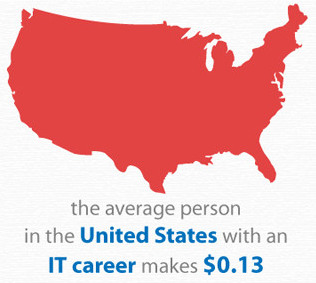 Most male geeks* believe that they are subverting traditional masculinity by reclaiming and self-identifying with the term “geek”. For most male geeks, geek identity is defined partly as a rejection of the “jock” identity. According to the traditional high school male social hierarchy, jocks are high-status males and male geeks are low-status males; jocks are alpha males and male geeks are beta males; jocks are masculine and male geeks are “effeminate”. Thus, when a man proudly self-identifies as a “geek” in response, what he is doing is redefining what it is to be a man, redefining geek identity as masculine.
Most male geeks* believe that they are subverting traditional masculinity by reclaiming and self-identifying with the term “geek”. For most male geeks, geek identity is defined partly as a rejection of the “jock” identity. According to the traditional high school male social hierarchy, jocks are high-status males and male geeks are low-status males; jocks are alpha males and male geeks are beta males; jocks are masculine and male geeks are “effeminate”. Thus, when a man proudly self-identifies as a “geek” in response, what he is doing is redefining what it is to be a man, redefining geek identity as masculine.
Typical male geeks argue that to be a geek is to be masculine by interpreting the scientific, mathematical, and technological achievements of overwhelmingly male persons as definitive proof that science, math, and technology are inherently male and define maleness. Such male geeks typically argue that there are innate differences between male and female brains that make success in science, math, and technology exclusive to men. Thus, arguments and studies that suggest otherwise are perceived as a direct attack on the masculinity and male identity of male geeks. According this male geek worldview, if women are equally capable in science, math, and technology, then male geeks lose their claim on masculinity and become low-status, beta, and “effeminate” males once again, because there would be nothing left to separate male geeks from women. Thus, male geeks—much more than non-geek men—tend to be emotionally and socially invested in maintaining the idea women’s brains are hardwired against understanding science, math, and technology to the same extent as men.



 In
In 
